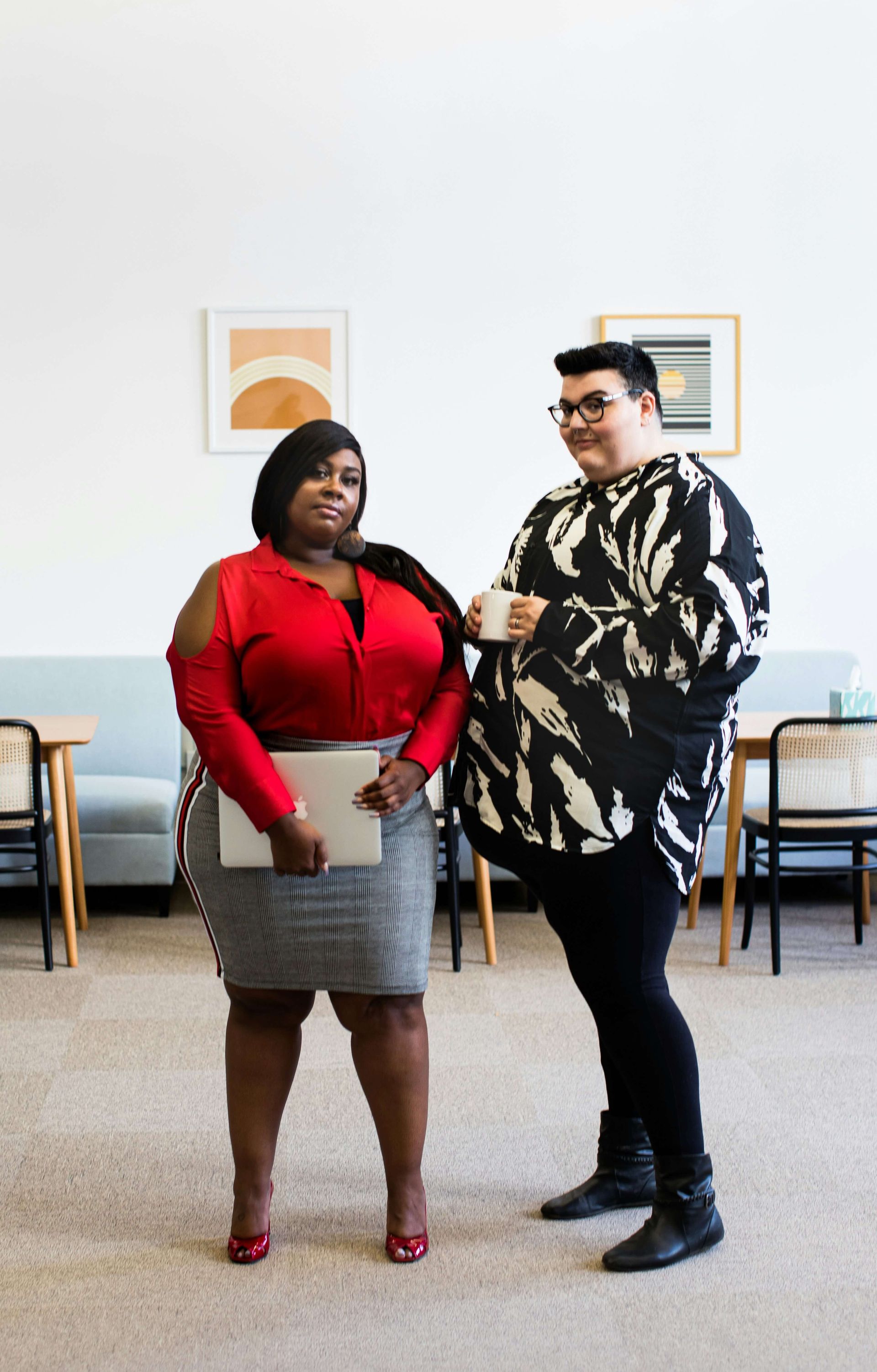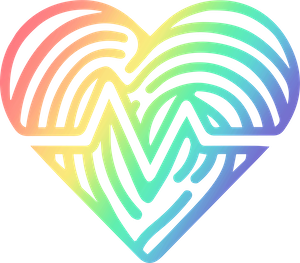Trainings
All levels of leadership must be actively focused on learning to address their implicit and explicit biases that prevent transformative health equity
What we are providing
Each community-centered and driven organization needs to do a full self-evaluation to address gaps in care that lead to poorer health outcomes for particular populations and subpopulations. Steps can be taken to effectively and efficiently improve outcomes. Iterative trainings represent real-time solutions to improve health equity.
In a world in which one's race & equity are large predictors of health outcome, it is important to navigate current and potential challenges to diversity-equity-inclusion efforts. From academia to the nonprofit sector, racial inequity remains one of the largest drivers to early death and/or reduced quality of life. Implicit bias can occur in healthcare settings even when best intentions and practices are laid out which can reduce longevity and quality life.
Trainings are also required to better support people who identify as LGBTQ+. Queer people are currently facing numerous and pervasive forms of legislation that attempts to reduce their access to public accommodation; eliminate their ability to develop into their affirmed selves; and in some places be subject to imprisonment or even death. Providing culturally responsive systems for these communities requires understanding their historical and present-day challenges coupled with building and/or evolving a system to better serve them.
Social determinants of health and intersectional healthcare are not catchphrases, but data-driven outcomes experienced by people who share particular challenges with navigating the world. As we do not live in an one-dimensional world, we must incorporate individual, communal, and environmental experiences into our public health activities. This requires an elite understanding of intersectionality and the subsequent impact that external factors may have on one's health outcomes and quality of life.
Equity Is the Word offers iterative trainings that utilize these tool sets: Customized Content; and Evaluation & Feedback Loops.
Racial Equity
Race/Ethnic Equity
Race/ethnicity equity training aims to equip healthcare professionals with the knowledge and skills necessary to provide equitable care to patients of diverse racial and ethnic backgrounds especially those from historically excluded communities. Staff will better understand concepts; be equipped to address personal and peer biases; and implement best practices by utilizing learned resources, strategies, and frameworks.
LGBTQ+ Equity
Queer Equity
LGBTQ+ equity training in healthcare is an essential component in fostering an inclusive and effective healthcare environment for clientele by recognizing and uplifting their sexual orientation, gender identity, or gender expression. Staff will better understand LGBTQ+ terminology, health disparities, and best practices to work towards achieving greater equity and better outcomes for LGBTQ+ patients.
Social Determinants of Health Awareness
SDOH Awareness
Social determinants of health and intersectional healthcare are not catchphrases, but data-driven outcomes experienced by people who share particular challenges with navigating the world. Successful agencies incorporate individual, communal, and environmental experiences into our public health activities to ensure an elite understanding of intersectionality and the subsequent impact that external factors may have on clients’ health outcomes and qualities of life.
How do we work
Equity Is the Word partners with you to create a scope of work that meets both your organizational needs and fiscal parameters. We identify members of our Collective to work with you to meet your time-limited objectives with Health Equity centered for BIPOC & QTPOC people

What People Say About Us

